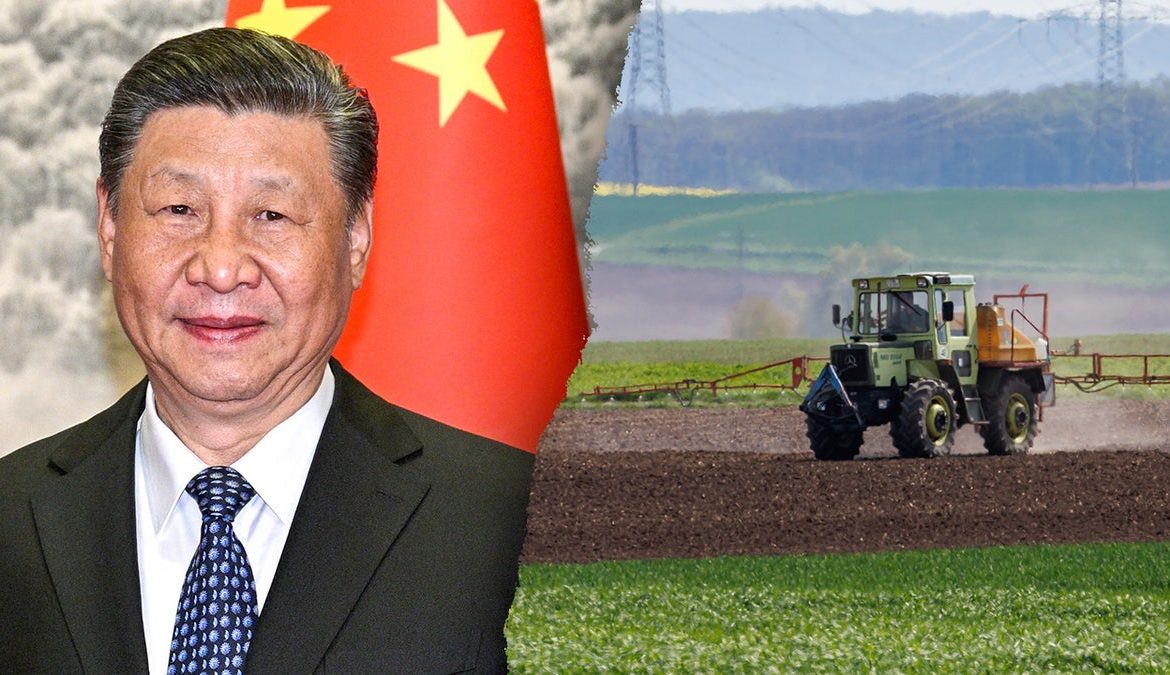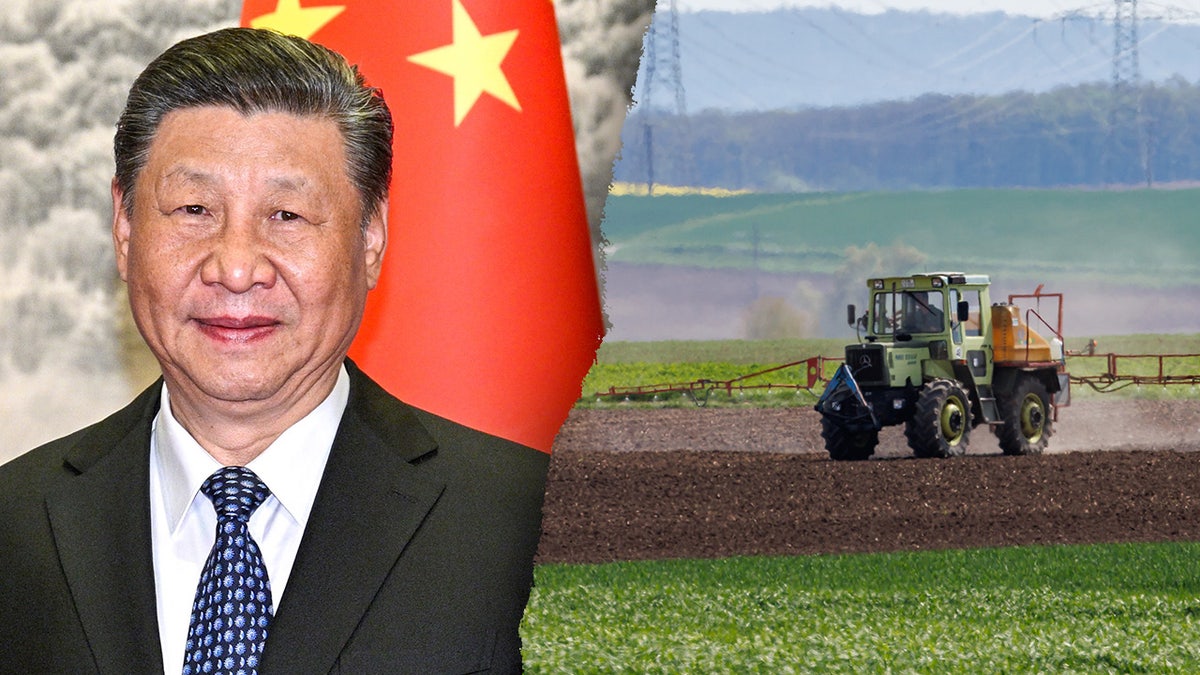
House Dems, Republicans team up to block CCP encroachment on US food supply

A bipartisan group in the House of Representatives is pushing to keep China’s influence over the U.S. food supply at a minimum.
New legislation being unveiled by Reps. Ashley Hinson, R-Iowa, and Elissa Slotkin, D-Mich., would force the Department of Agriculture to hatch policy ideas to preemptively mitigate threats Beijing’s ruling Chinese Communist Party could pose to American agricultural supply chains, while at the same time rolling back legislative and regulatory barriers affecting domestic production.
‘China has captured significant market share for agricultural inputs that are vital to our domestic food supply, ceding our top adversary leverage and control,’ Hinson explained to Fox News Digital. ‘Iowa farmers have told me firsthand that if China decides to shut off U.S. access to these inputs, food production could slow to a halt.’
She argued the bill would ‘reshore this critical supply chain to ensure Communist China does not have the power to restrict American food production.’
It would also mandate that the federal government stay on top of tracking the health of domestic agriculture supply chains and their vulnerability to China via annual assessments.
It comes as Congress also stares down China on the technology front, as the Senate considers a recently-passed House bill to force Beijing-backed company ByteDance to sever its ties with the popular social media app TikTok – or risk the platform being banned in U.S. app stores altogether.
Like the TikTok bill, Hinson’s legislation is also backed by the top two lawmakers on the House select committee on China, Reps. Mike Gallagher, R-Wis., and Raja Krishnamoorthi, D-Ill.
However, China hawks on both sides of the aisle in Congress, particularly from more rural parts of the country, have sounded the alarm on Beijing’s dominance over the global agricultural market for years.
Those concerns came to a head early last year when Chinese company Fufeng Group attempted to purchase land in North Dakota for a corn mill project – which spurred pushback both because of the implication of Chinese control of the food supply on U.S. soil and its proximity to a U.S. military base.
Meanwhile, China has grown its dominance in other sectors critical to the U.S. food supply, such as production and trade of amino acids. Chinese manufacturers control up to 85% of the global market for essential amino acids used in livestock feed, according to the Social Science Research Network.
‘These trends have created the potential for Chinese manipulation of the markets for these key inputs, which could result in reduced choice for producers and food security issues for U.S. consumers,’ the July 2021 study warned.
